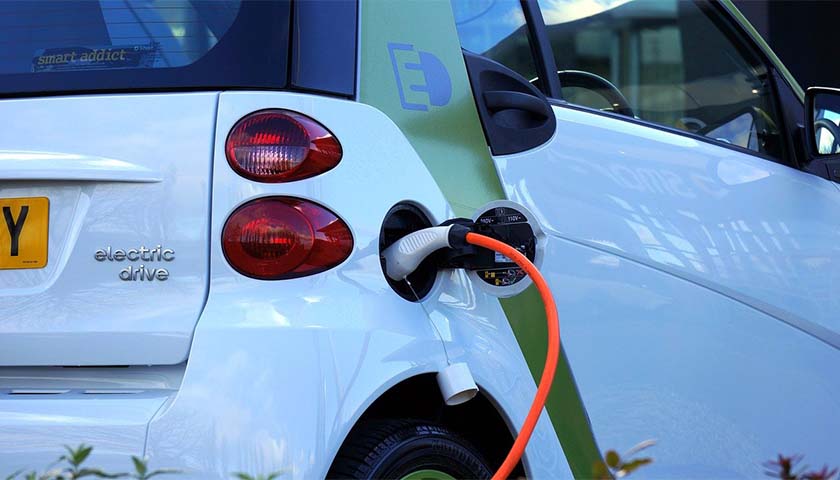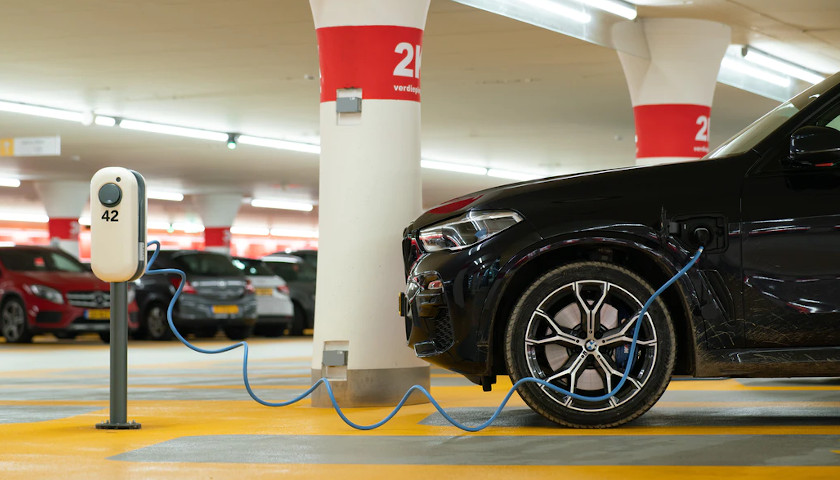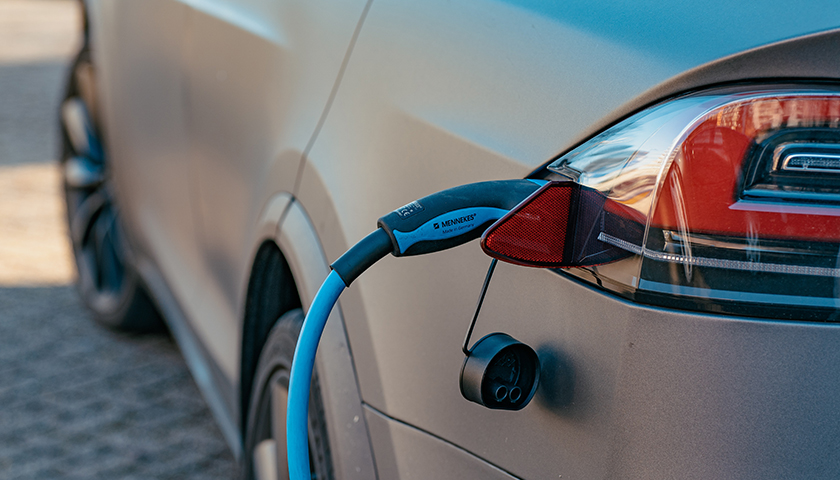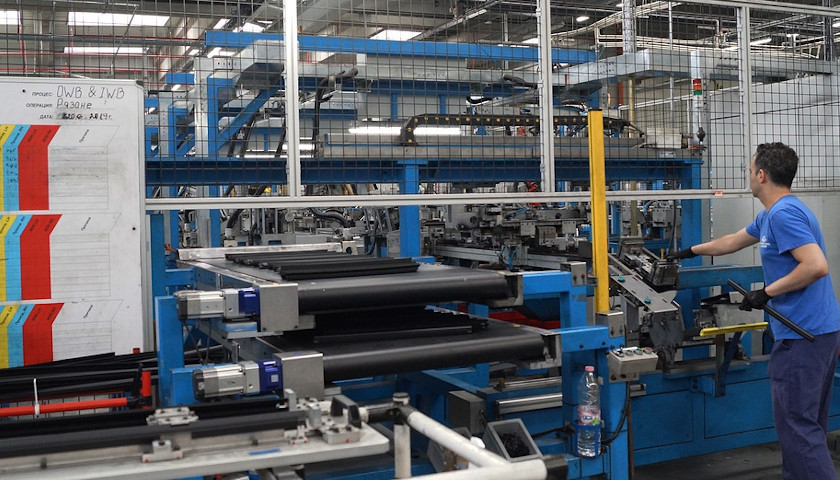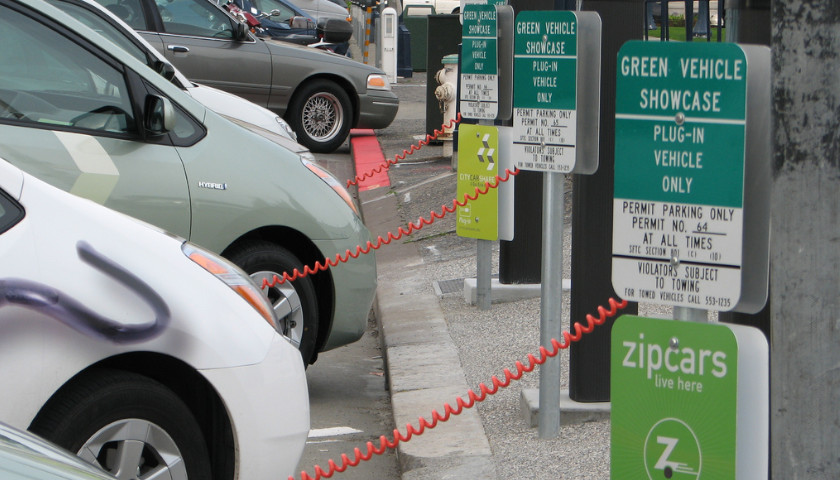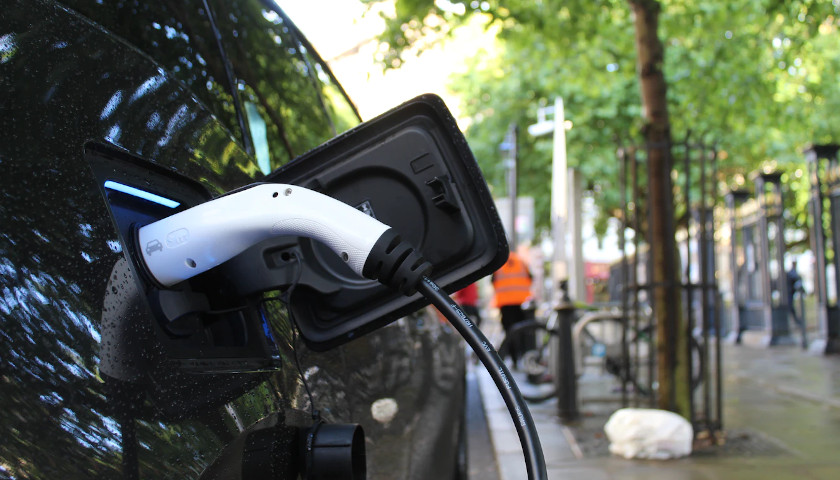Lithium — a mineral that is key for electric car batteries — continues to rise in price, jeopardizing the ongoing transition to renewable energy outlined by Western governments.
The cost of lithium has skyrocketed more than 250% over the last 12 months, hitting its highest level ever, according to an industry index from Benchmark Mineral Intelligence. While the cost of manufacturing a lithium-ion battery for an electric vehicle (EV) has fallen sharply over the last decade, the decline has slowed in recent months due to rising lithium costs.
The average cost of an EV battery pack fell to $157 per kilowatt hour, a measure of energy capacity, in 2021, the Department of Energy said in October. That means a typical EV battery is between $6,000 and $7,000, a BloombergNEF analysis showed.
Read More

